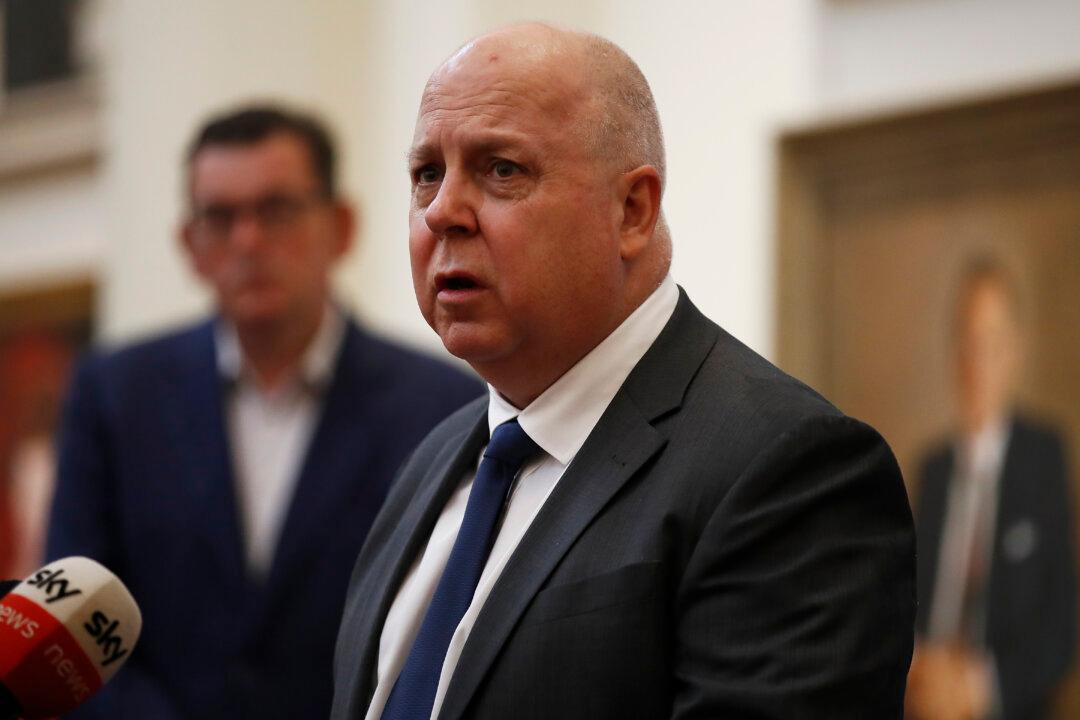The Victorian government has dismissed concerns about its huge debt problem after a credit report forecasts that the state’s net debt will surge to $226.2 billion (US$145 billion) in the next four years.
Global credit rating giant Moody’s has released a report into Victoria’s credit outlook, which casts doubt on the state’s ability to sustainably manage its debts and raises fears of another credit downgrade.





